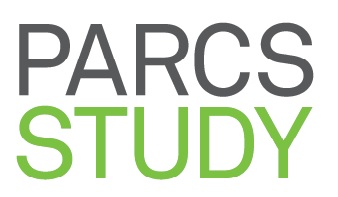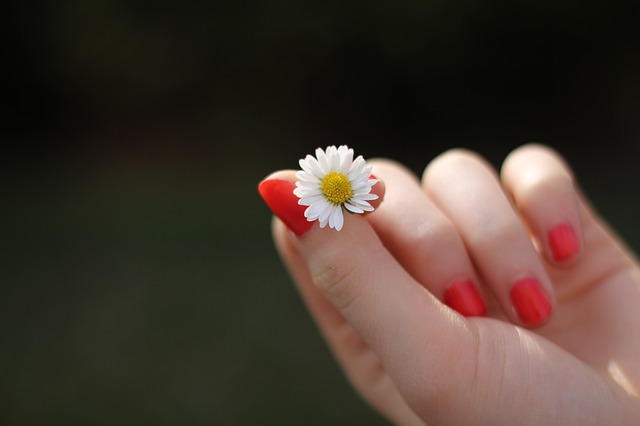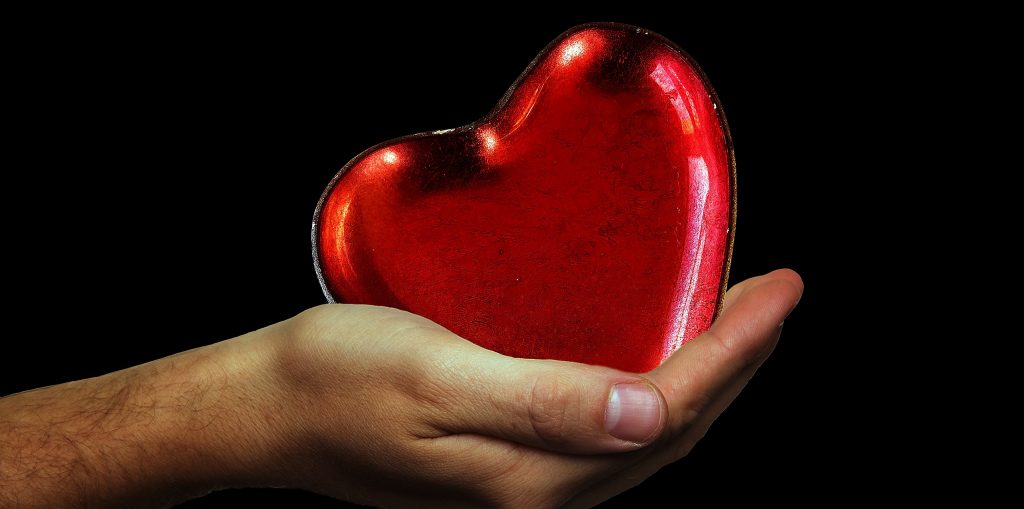“Do good anyway, even though nobody appreciates you, nobody sees you, do good anyway, just for yourself, for others, and for the world“
ABOUT ALTRUISM AND KINDNESS
It was Thursday. The heart of the city was beating rapidly through the cold, wintry morning. I was on my way to meet Yenny, a teacher who immigrated to the US from Indonesia long time ago. I hurried into the Brooklyn café, into the warmth of the quaint setting, and noticed Yenny sitting in the corner of the room with her husband at her side, and her baby in a dark blue stroller. She greeted me with a kind smile and introduced me to her husband. I reciprocated spontaneously, smiling gratefully as I thanked her for coming to chat about the PARCS study and life in general, despite the frigid temperatures and with her baby.
“It is my pleasure”, she said. “My husband and I love supporting initiatives that make our community greener and safer”.
Yenny’s participation in our study was driven by principle. Her incentive was internal and not external: a higher purpose propelled by the opportunity to contribute meaningfully to the improvement of her community. What she said next was inspiring – a life credo delivered with conviction and compassion, reinvigorating my belief that generosity of spirit transcends our ethnic, racial, or socioeconomic differences. It is what makes us rich, even when we live below the poverty line.
“Do good anyway, even though nobody appreciates you, nobody sees you, do good anyway, just for yourself, for others, and for the world; even if they don’t reward you, do good anyway; even though you feel you may fail, do good anyway; just do your best whatever you can, don’t expect perfect, mistakes are just another stepping stones to success, just continue on, maybe through mistakes you actually change the path to a better path; show appreciation to others if you can because other people like to be appreciated”
Yenny’s words were profound – a potent blend of encouragement and optimism; the kind of perspective that is riveting to the soul. Her altruism was unexpected and breathtaking; suspending me in a beautiful moment of a deep reflection. As our conversation evolved, Yenny unveiled more insights about community life, and the power of goodness.
On my way back to my office after our conversation, I wrote copiously in my notepad, trying to capture her words and suggestions for the PARCS Study. I would look up periodically, wandering in and out of existential thoughts, reflecting on the generosity of Yenny’s spirit. I asked myself a question:
“What is benevolence? What is the nature of altruism? How do we nurture it? How do we leverage it? Why does it matter?”
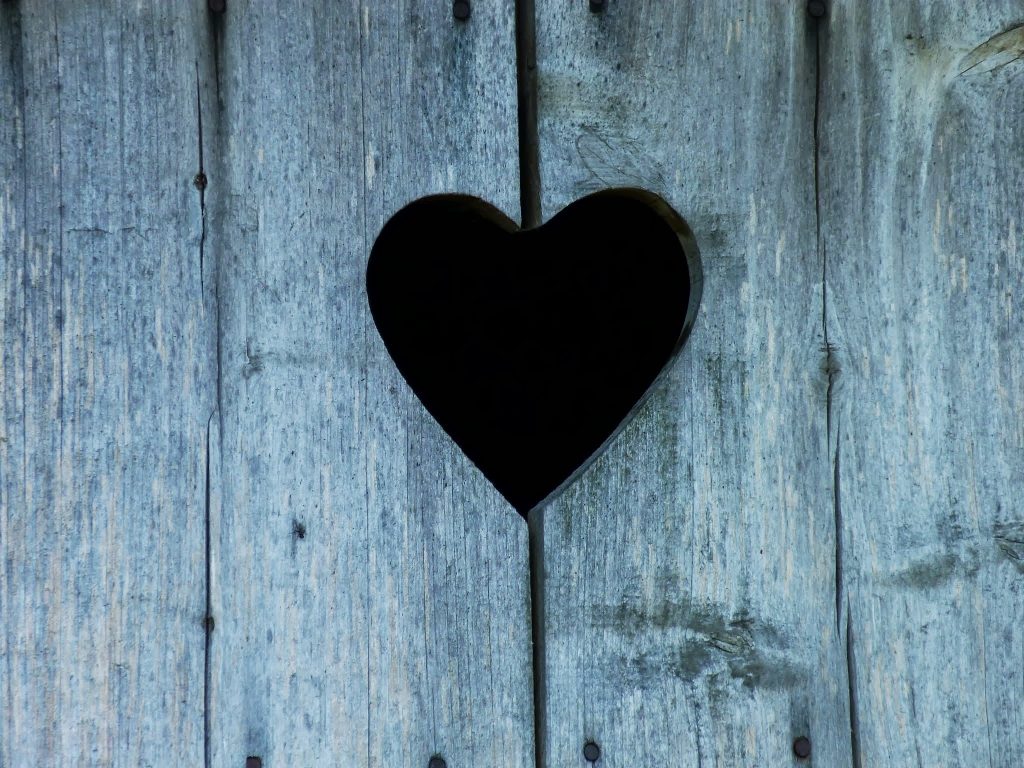
Through the conversations with our PARCS Study participants, I have been learning that they wonder about the nature of benevolence as well. Martin Luther King Jr once said, “life’s most persistent and urgent question is what are you doing for others?’ In social science terms, this question is at the heart of what some refer to as “compassionate love” defined as “an attitude toward others, either close others or strangers or all of humanity; containing feelings, thoughts, and behaviors that are focused on caring, concern, tenderness, and an orientation toward supporting, helping, and understanding the others, particularly when the others are perceived to be suffering or in need”. A famous psychologist, Lazarus, argued that this type of compassionate love comes from ‘being moved by another’s suffering and wanting to help’. But what is the source of altruism? Where is its well of enablement? Perhaps it lies somewhere between “do unto others what you would have them do unto you” and “we are all in this together”. I have discovered in conversations with our PARCS study participants that many of them are “moved by the suffering of others”, willing the make a difference in their communities, and ready to help. This is the reason why – like Yenny – most volunteer to spend time with me. As I have learned, our participants value benevolence and kindness – they volunteer in different organizations that aim at improving the welfare of people or animals, instill in their children the values of kindness and compassion, or simply engage in small acts of kindness toward strangers on daily basis. Yenny was certainly one of those individuals.
“We are all in this together”
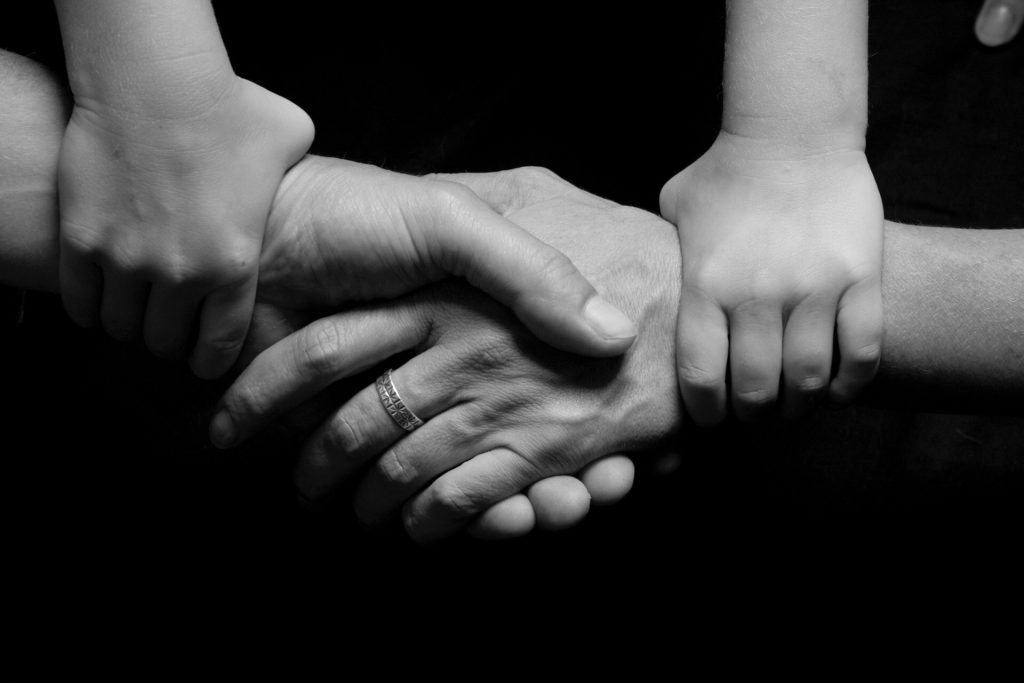
In his reflection on kindness, researcher Simon-Thomas provides us with a lovely complement of Yenny’s worldview, pointing out that even our own wellbeing and happiness “has to do with uncovering the story of connecting, being kind, serving others, and functioning in a sustainable community.” Sometimes this involves pain. Sometimes it is through our own pain that we hear the cry of others. Sometimes our pain fine tunes our radar for detecting the pain of others; those who need our help; those who are reflections of us in another moment in time. Jonathan Haidt, NYU Professor of Psychology, argues, “human beings are the giraffes of altruism. Just as giraffes got long necks to help them survive, humans developed moral minds that help them and their groups succeed. Humans build moral communities out of shared norms, habits, emotions and gods, and then will fight and even sometimes die to defend their communities.” Perhaps Thomas William Nielsenit was right. Perhaps there is “one common denominator for what people, across cultures, races and religions, report as giving them meaningful happiness. Perhaps “ it is being something for others.” This is the substance of the “moral mind” – altruistic muscles exercised during service to others of which Yenny is a champion.
“Spread positivity; don’t matter how big, or how small”_ Beyonce
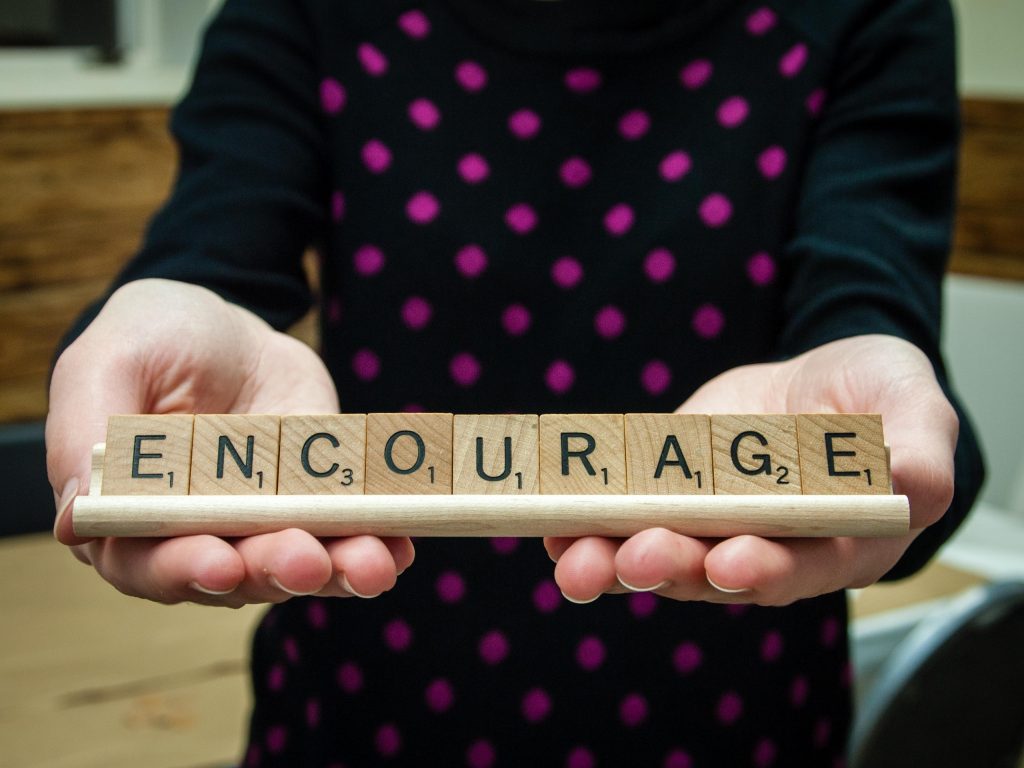
So what can we do to become more like Yenny? Next week I will post some suggestions from Peter Singer, a moral philosopher who has been studying the nature of altruism and kindness for decades.
I will also discuss why it is important to be kind and altruistic. Please stay tuned and in the meantime share with us what kindness, benevolence, and altruism mean to you. I would love to hear your thoughts!
Dr. Ewelina Swierad
